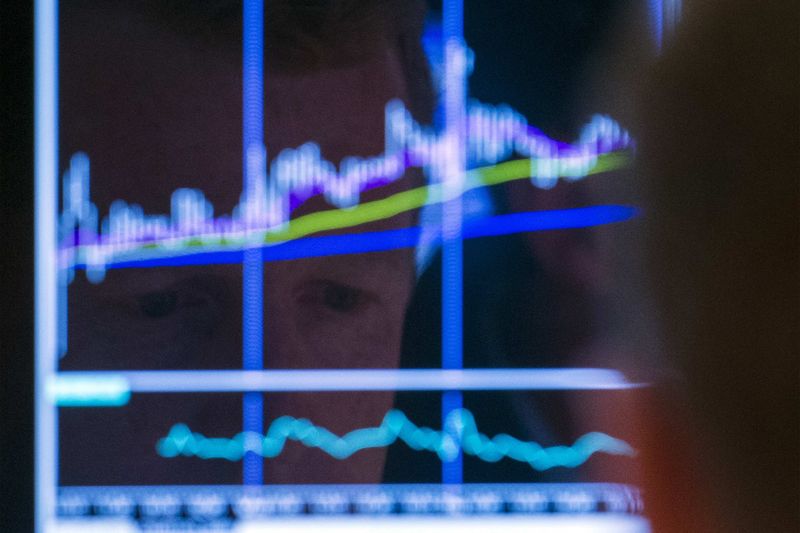© Reuters. Global Food Prices Still High
Financial Associated Press, June 3 (Editor Zhao Hao) On Friday (June 3), local time, the Food and Agriculture Organization of the United Nations (FAO), headquartered in Rome, Italy, released the FAO Food Price Index, which measures the monthly changes in international prices of a basket of food commodities. . The data was revised down slightly for the second straight month, but prices for wheat and poultry were firmer.
(Source: FAO) Specific data show that the average FAO food price index in May was 157.4 points, down 0.6% from April, but still 22.8% higher than the same period last year. The decline was mainly led by vegetable oil prices and dairy product prices, while the sugar price index also declined slightly; the cereal and meat price indices remained elevated over the same period.
In terms of sub-item data, the average grain price index in May was 173.4 points, up 2.2% month-on-month and 29.7% higher than the same period last year. Among them, international wheat prices kept rising for the fourth consecutive month, rising 5.6% in May, 56.2% higher than the same period last year, and only 11% lower than the historical high in March 2008.
Wheat prices have risen sharply this month as India announced an export ban due to concerns over crop conditions in major wheat exporting countries, as well as a subdued production outlook in Ukraine due to the war, the FAO said.
(Source: FAO) The Vegetable Oil Price Index fell by 3.5% month-on-month, on the one hand due to a demand adjustment and, on the other hand, the lifting of a temporary export ban imposed by Indonesia, putting further downward pressure on prices.
In other sub-items, the dairy product price index fell by 3.5%; the sugar price index fell by 1.1%; the meat price index hit a record high, up 0.6% in May.
In addition, FAO predicted in the “Grain Supply and Demand Briefing” released on the 3rd that global cereal production in 2022-2023 may decline for the first time in four years.
It is difficult for Russian and Ukrainian agricultural products to return to the market
UN Secretary-General António Guterres called on the international community to take swift and decisive action on Wednesday (June 1) in Stockholm, the capital of Sweden, to deal with a food crisis that may be triggered by the conflict between Russia and Ukraine.
Since the escalation of the conflict between Russia and Ukraine, some food supplies from both countries have been disrupted to varying degrees, increasing the risk of food shortages in parts of Africa, the Middle East and Asia, and further pushing up global food prices.
Guterres said that if Ukrainian and Russian grains and fertilizers cannot re-enter the international market, there will be no effective solution to the problem of food security. He will continue to make every effort to push for an end to the Russian-Ukrainian conflict through dialogue.
Russian Foreign Minister Sergei Lavrov said in an interview with the media in Saudi Arabia on Wednesday (June 1) that at this stage, Russia does not have any problem in ensuring a stable food supply to the international market. The problem is that the ships transporting food cannot get from Ukrainian ports. Through a minefield laid by the Ukrainian military. In the high seas outside the minefields, the Russian army opened a humanitarian channel several weeks ago for ships stranded in Ukrainian ports to travel.
According to the TASS news agency, Lavrov also pointed out that although Western countries have not imposed sanctions on Russian grain exports, they have sanctioned Russian ships transporting grain, and ports in European countries do not accept Russian ships. This has effectively led to the fact that the logistics and financial chains related to the food supply are already under sanctions.
Within days, Belarusian President Alexander Lukashenko said that Ukraine can export food through Belarusian territory, but it must compromise in some respects. So far, Ukraine has not responded.
